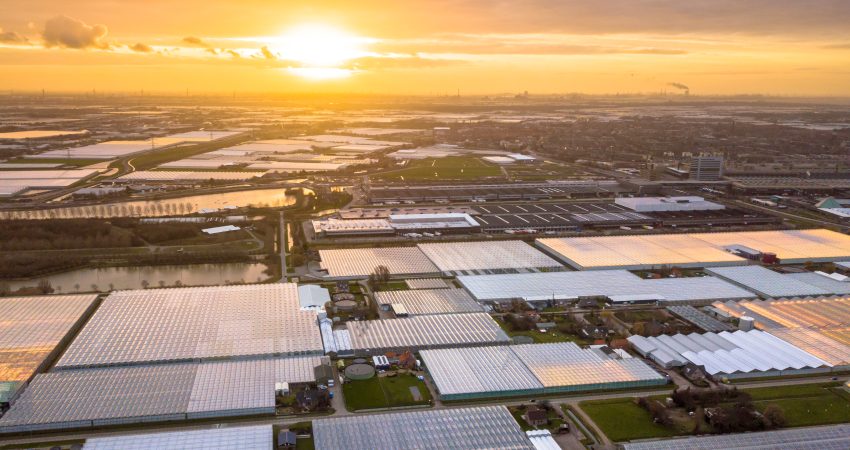Introduction: As environmental concerns take center stage, the construction industry is increasingly focusing on sustainable practices. Pre-engineered buildings (PEBs) are at the forefront of this shift, offering eco-friendly solutions that minimize waste, energy consumption, and environmental impact.
Main Points:
- Energy-Efficient Design:
PEBs can be designed with energy efficiency in mind, incorporating advanced insulation techniques, energy-efficient windows, and HVAC systems. This reduces the building’s overall energy consumption, leading to lower operational costs and a smaller carbon footprint. - Use of Recyclable Materials:
PEBs are often made from steel, which is one of the most recyclable materials in the world. At the end of a building’s life cycle, its components can be reused or recycled, contributing to circular economy principles in construction. - Reduced Waste and Resources:
Since PEB components are manufactured off-site in a controlled environment, the exact amount of material required is used, minimizing on-site waste. This precision also reduces the overall resource consumption compared to traditional construction. - Sustainable Construction Practices:
The pre-fabrication construction process generates less noise, dust, and pollution, reducing the environmental impact on surrounding areas. Additionally, the shorter construction time leads to fewer emissions from machinery and vehicles on site. - Incorporating Renewable Energy:
PEBs are easily adaptable to include renewable energy sources such as solar panels. By integrating solar technology into the design, building owners can further reduce their reliance on fossil fuels and create a self-sustaining energy model.
Conclusion: PEBs provide a sustainable alternative to traditional construction, making them an ideal choice for businesses and developers looking to reduce their environmental footprint. With green building certifications becoming more critical, the eco-friendly benefits of PEBs are paving the way for a more sustainable construction industry.
